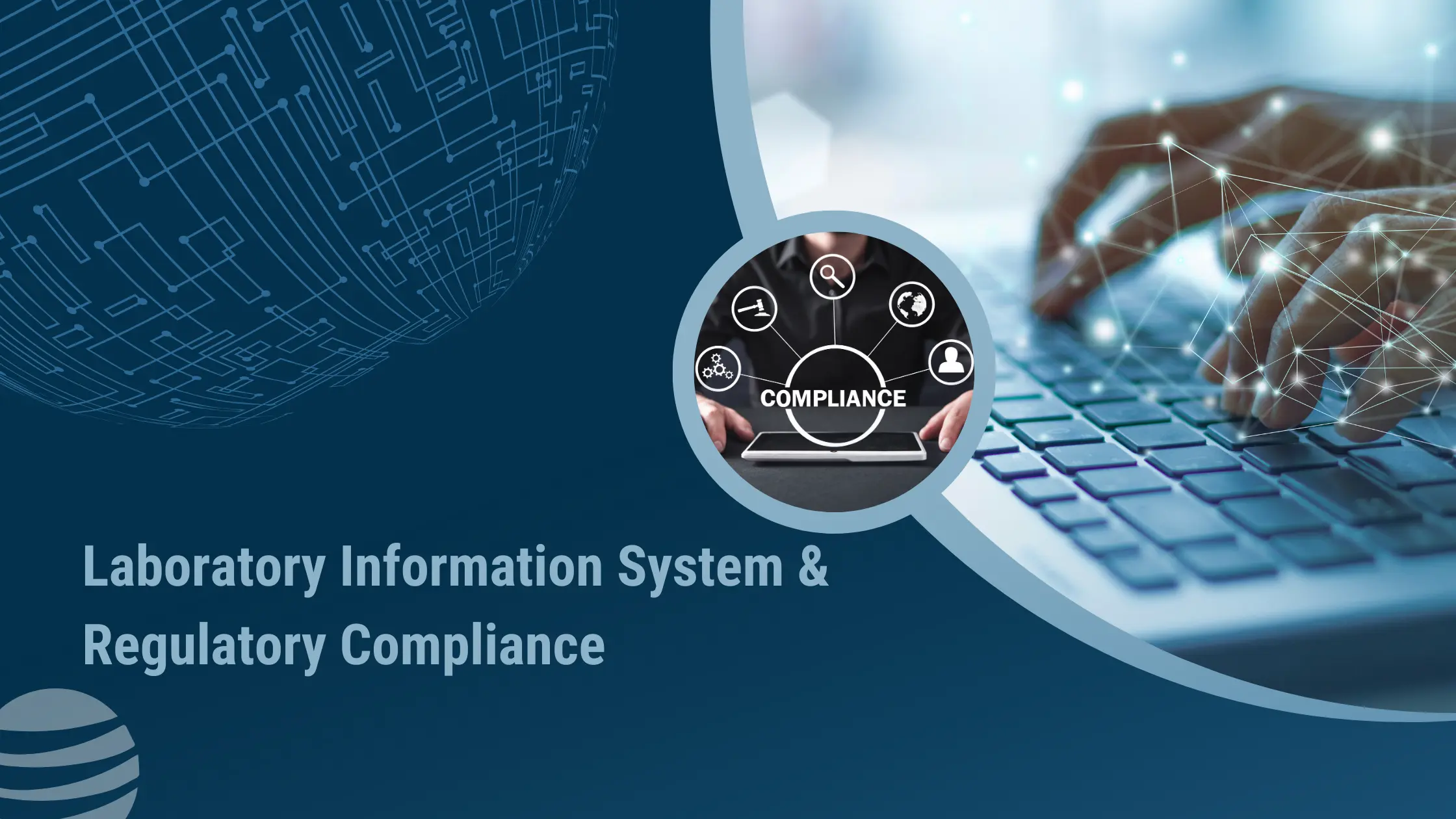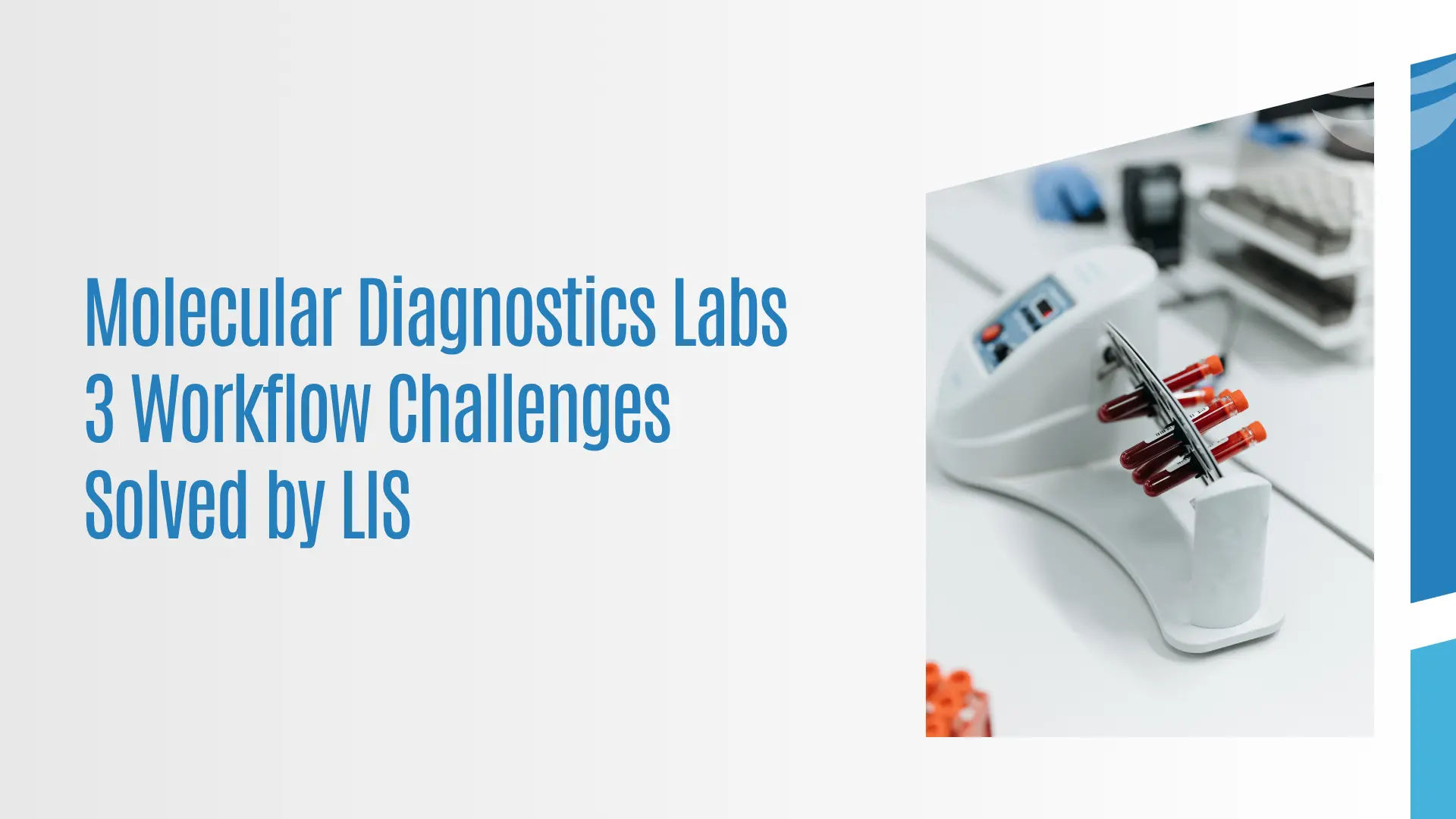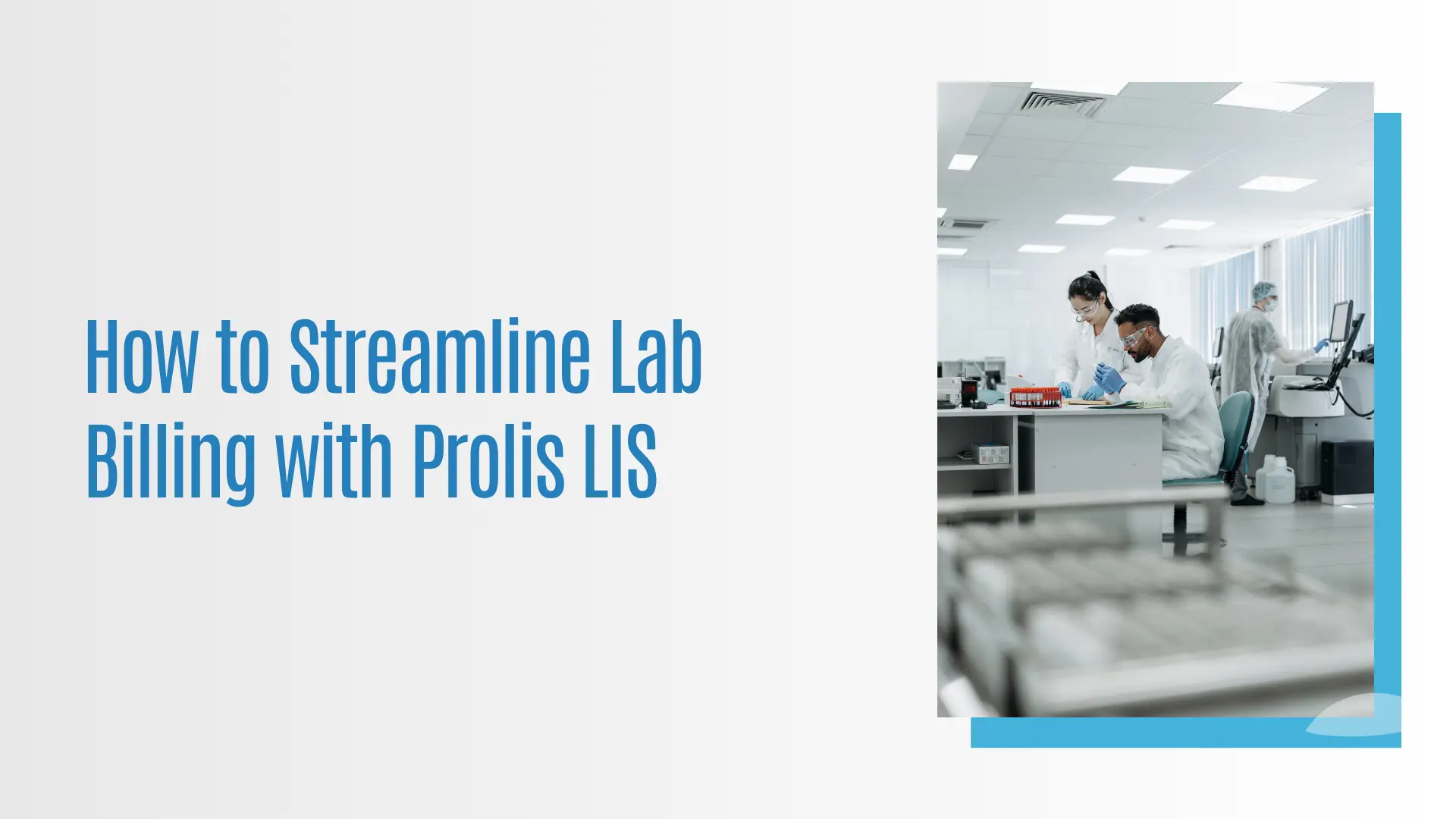

Laboratory Information System (LIS) and Regulatory Compliance
Laboratory Information Systems (LIS) play an indispensable role in managing and organizing data within laboratory settings. These systems facilitate the efficient management of information related to sample processing, analysis, and result reporting in various scientific domains. An effective LIS serves as the backbone, streamlining operations and ensuring compliance with regulatory standards, thus enhancing overall productivity and accuracy in laboratories.
The Vital Role of Regulatory Compliance
Regulatory compliance is a critical aspect of the healthcare and laboratory sectors. Adherence to established guidelines and regulations is non-negotiable, ensuring data accuracy, patient safety, and quality assurance. Laboratories are subject to a myriad of regulations set forth by governing bodies such as CLIA (Clinical Laboratory Improvement Amendments), CAP (College of American Pathologists), FDA (Food and Drug Administration), and HIPAA (Health Insurance Portability and Accountability Act).
Importance of LIS in Regulatory Compliance
Ensuring Data Accuracy and Integrity
LIS platforms are tailored to meet the stringent regulatory requirements imposed on laboratories. These systems employ robust mechanisms for data validation, ensuring the accuracy and integrity of information throughout the testing process. By implementing automated workflows and validation checks, LIS significantly reduces the likelihood of errors, thus maintaining compliance with regulatory standards.
Streamlining Documentation and Reporting
Efficient documentation and reporting are pivotal in compliance adherence. LIS offers a centralized platform for seamless documentation of procedures, test results, and patient information. Automated report generation and electronic record-keeping not only enhance operational efficiency but also facilitate audits and regulatory inspections.
Enhancing Security Measures
Data security is paramount in the healthcare landscape, especially concerning sensitive patient information. A robust LIS incorporates stringent security protocols, including user authentication, data encryption, and access controls. Compliance with HIPAA regulations mandates strict confidentiality and protection of patient data, a facet impeccably managed by advanced LIS solutions.
Mitigating Risks in Healthcare Settings
Compliance measures in LIS mitigate risks associated with data breaches, ensuring patient privacy and confidentiality. By adhering to stringent regulations, healthcare organizations safeguard sensitive information from unauthorized access or breaches.
Key Features of LIS Ensuring Regulatory Compliance
Interoperability and Integration Capabilities
Modern LIS platforms are designed with interoperability in mind, enabling seamless integration with various laboratory instruments and systems. This integration ensures standardized data exchange and compatibility, aligning with regulatory requirements for data consistency and accuracy across different platforms.
Quality Control and Audit Trails
LIS empowers laboratories to implement stringent quality control measures, establishing audit trails for all operations conducted within the system. These audit trails serve as documented evidence of compliance, tracking every action performed and allowing for traceability and accountability.
Compliance with Industry Standards
A robust LIS adheres to industry-specific standards and certifications, ensuring conformity with regulations set by accrediting bodies. Compliance with standards such as ISO 15189 and CLSI (Clinical and Laboratory Standards Institute) underscores the system’s commitment to maintaining high-quality laboratory practices and regulatory compliance.
Conclusion
In summary, Laboratory Information Systems are indispensable in maintaining regulatory compliance within laboratory settings. The seamless integration of LIS ensures accurate data management, streamlined workflows, and enhanced security measures, aligning with the stringent regulations governing the healthcare and laboratory industries.
To ensure compliance and efficiency, laboratories must invest in cutting-edge LIS solutions that offer robust features tailored to meet regulatory standards. Such systems not only streamline operations but also serve as a cornerstone in upholding data accuracy, patient safety, and overall quality assurance.


